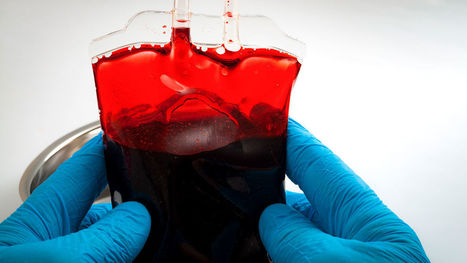Proposal calls for screening donated blood and other samples from around the world for thousands of antibodies. Michael Mina is out for blood—millions of samples, which a nascent effort dubbed the Global Immunological Observatory (GIO), would monitor for signs of pathogens spreading through the population. Instead of a telescope, it will rely on technology that can measure hundreds of thousands of distinct antibodies in a microliter of blood. If the GIO can overcome technical and logistical hurdles and find sustained funding, he says, it could provide a powerful tool for monitoring and responding to disease outbreaks.
For now, the idea is just a pilot project to track the spread of COVID-19. The stealthy spread of that disease through the population underscored the need for such a monitoring system, says Mina, an immunologist and epidemiologist at Brigham and Women’s Hospital and the Harvard School of Public Health, who with colleagues outlines the GIO concept this week in eLife. (The co-authors include Jeremy Farrar, an infectious disease specialist and director of the Wellcome Trust, as well as vaccine and immunology specialists Adrian McDermott and Daniel Douek of the National Institutes of Health.) Disease surveillance in the United States now relies on a patchwork of hospitals, clinics, and doctors to report unusual events to state health departments, which pass the information on to the Centers for Disease Control and Prevention (CDC). The need for faster, more comprehensive surveillance, Mina says, “was starkly clear with the inability to identify and model local circulation of COVID-19 in a timely fashion.”
Mina wants to watch for outbreaks by looking for antibodies to infectious agents in regularly collected, anonymized blood samples from every possible source—blood banks, plasma collection centers, even the heel needle sticks of newborns, which are taken in most states from every baby in order to identify genetic diseases. The samples would be identified only by geographical area. Chip-based platforms that can identify hundreds of thousands of antibodies are already produced commercially by companies including VirScan and Luminex. Mina says these could easily be scaled up to look at huge numbers of samples, either individually or in batches...
See also article in eLife (June 8, 2020) describing the GIO proposal:



 Your new post is loading...
Your new post is loading...







